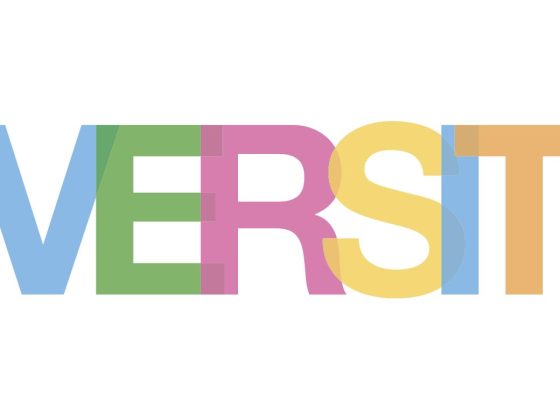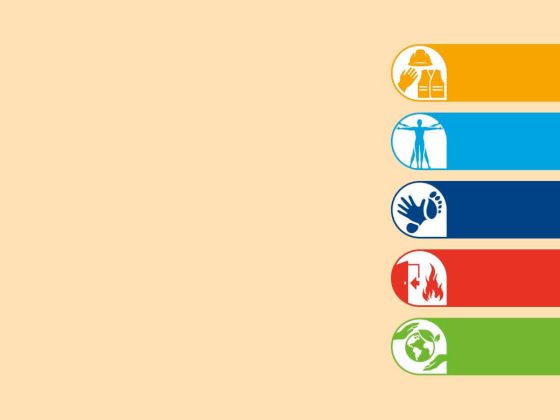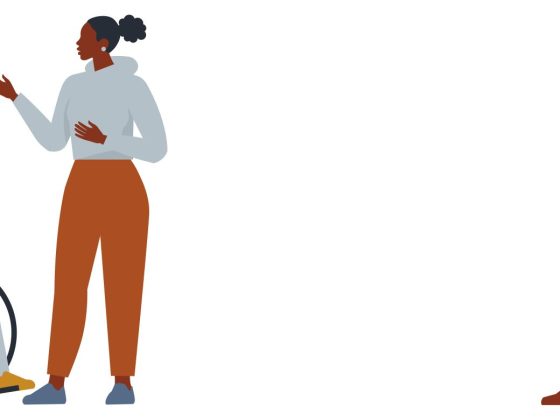“One team leading together” – this is the motto for how the Oil Seals Powertrain & Driveline (P&D) Division has long been addressing social and cultural issues at its sites.
Diwali, the Indian festival of lights, happens to be on October 24 this year. “How do our colleagues in India celebrate this day?” This is the question that Project Manager Tanya Sollenberger, Assistant to the Management of the Oil Seals Powertrain & Driveline (P&D) Division in Cleveland, asked the P&D Division sites. Not out of pure self-interest, but to steer communication about the locations within P&D to reinforce they are truly part of a global company.
“After all, we are a global organization. I want to promote this global mindset at all our sites. Such a cosmopolitan mindset will also help us to drive diversity, equity and inclusion in our division.” She immediately adds reasons for this objective: “Just like sustainability, diversity, equity, and inclusion of our employees are also a business necessity. We want everyone to feel accepted and respected and to enjoy coming to work. Such a work environment makes us more productive and innovative.”
Addressing social and cultural aspects of business life is nothing new for the P&D Division. There have been many local initiatives in Cleveland, for example, and another initiative with the motto “One team one heart” at the sites in Italy. “In 2019, we brought everyone together in the ‘One team leading together’ initiative and created a global ‘P&D Culture Team.’ It includes representatives from all our sites around the globe,” says Sollenberger.
Freudenberg principles in action
The team focuses on anchoring Freudenberg’s Guiding Principles even more fi rmly in a variety of ways. For example, through activities such as a global culture week at all sites, a focus on equal opportunities for women to mark International Women’s Day, or a focus on autism. The idea of “Gemba Culture Walks” goes back to the Queretaro plant: Members of the “P&D Culture Team” and managers approach employees directly at their workplaces and ask them for concrete examples of how the Freudenberg Principles are put into practice locally.
At so-called “Skip Level Meetings,” managers do not report to the next higher hierarchical level – as is usually the case – but rather meet with their employees to discuss current issues. “Our goal is to give all employees a voice,” Sollenberger explains.
Where such a culture is practiced every day, Freudenberg’s “Diversity & Inclusion” (D&I) initiative falls on fertile soil. “We can use the P&D Culture Team and our ’One team leading together‘ community to bring D&I to our division,” says Claudio Zoppi, who represents the division on FST’s D&I Committee.
The division will soon also form its own “D&I” team consisting of HR managers and representatives from all lead centers. However, the fi rst step for each site was to analyze its current situation and identify potential for improvement – for example, in the number of women in management positions or the racial and ethnic composition of the workforce. The Cleveland site used a “survey kiosk” for this purpose, a screen terminal like those found in airports or restaurants. Here, all employees had the opportunity to openly answer questions about diversity, equity, and inclusion at their site. Their assessment of the situation serves as the basis for specifi c “D&I” activities later on.









